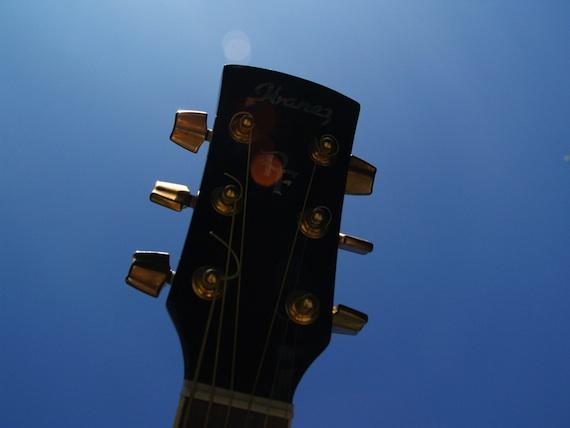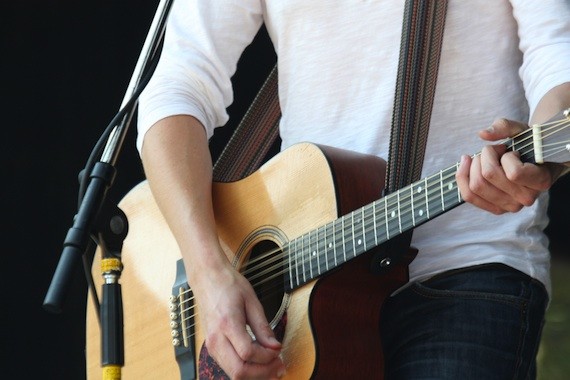The Halsey Institute of Contemporary Art, with support from the Jane Smith Turner Foundation and South Arts, is presenting the independent film, "We Still Live Here".
This is the fifth of six films in the Southern Circuit Tour of Independent Filmmakers 2011-2012 series. The film will be screened on Friday, March 2nd, at 8 p.m. in the Recital Hall of the Simons Center for the Arts on the College of Charleston campus (54 St. Philip Street). Following the screening, Writer/Producer/Director Anne Makepeace and the audience will engage in a discussion about the film and her work as a filmmaker.
You'll find the film synopsis below:
Âs Nutayuneân tells the story of cultural revival by the Wampanoag tribe of Southeastern Massachusetts. Their ancestors ensured the survival of the Pilgrims in New England and lived to regret it. A century ago, after nearly 300 years of contact, their language virtually disappeared and now they are undergoing a cultural resurgence. Spurred by Jessie Little Doe Baird, a Wampanoag woman and a 2010 MacArthur Genius Award winner for her unprecedented linguistics work, the Wampanoag are bringing their language and culture back to life.
The story begins in 1994 when Little Doe, then Wampanoag social worker, began having recurring dreams: familiar-looking people from another time addressing her in an incomprehensible language. Later, she realized they were speaking Wampanoag, a language no one had used for more than a century, but was the first American Indian language ever written down. These events inspired her and members of the Aquinnah and Mashpee Wampanoag communities on a journey that would uncover hundreds of documents written in their lost language, lead Little Doe to a Masters in Linguistics at MIT, and resulted in the revival of both a culture and language of an American Indian community after many generations without native speakers. Her six-year-old daughter, Mae Alice, is the first Native speaker in a century.
The film was shot over a three-year period and interweaves contemporary verité scenes of language reclamation with commentary and expressionistic animation that reveal dark moments in New England history, epidemics, missionary pressures, land loss, and the indenture of Native children. We Still Live Here - Âs Nutayuneân won the Inspiration Award at the Full Frame Documentary Film Festival and the Moving Mountains Award at Telluride MountainFilm.
The screening is free and the public is encouraged to attend.

